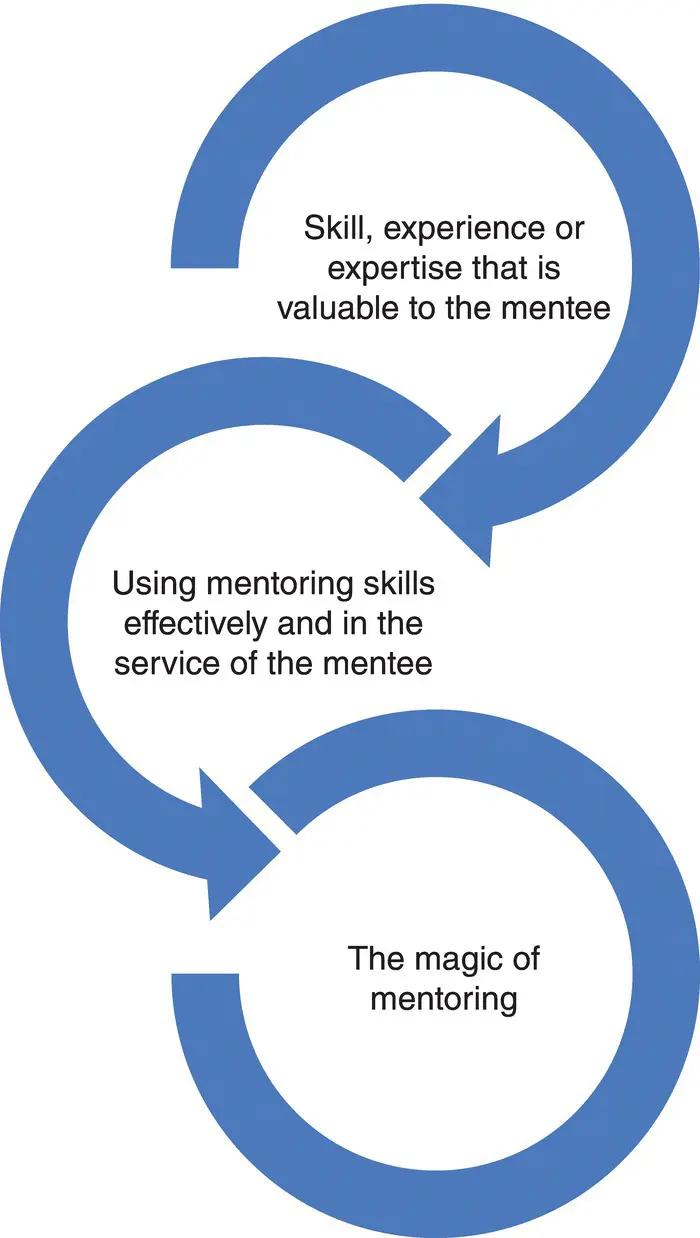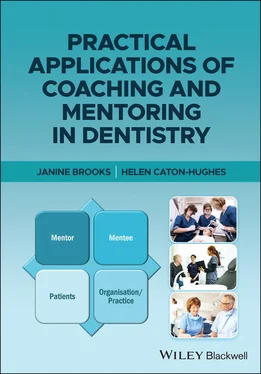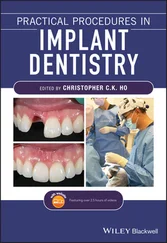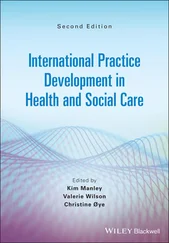8 Goleman, D. (2000). An EI‐based theory of performance. In: The Emotionally Intelligent Workplace How to Select for, Measure, and Improve Emotional Intelligence in Individuals, Groups, and Organizations (eds. D. Goleman and C. Cherniss). San Francisco, CA: Jossey‐Bass.
9 Healthcare Commission (2005). NHS national staff survey 2004 – summary of key findings.
10 Holt, R. (2013). Thesis, developing an holistic and person centred approach to professional practice and development using mentoring (with special reference to dentistry). Originally submitted for examination May 2013.
11 Holt, R., Ladwa, R., (2008). Mentoring. A quality assurance tool for dentists. Part 1: the need for mentoring in dental practice. Primary Dental Care. Oct: 15(4):141–6.
12 Roche, G.R. (1979) Much Ado about mentors. Harvard Business Review [Online]. Available at https://hbr.org/1979/01/much‐ado‐about‐mentors(Accessed 09 June 2020).
13 Viney, R. and Paice, E, (2010). The First Five Hundred. A Report on London Deanery’s Coaching and Mentoring Service 2008–2010. The London Deanery.
14 Whitmore (1992). Coaching for Performance: Growing People, Performance and Purpose. Nicholas Brealey.
Holt and Ladwa (2008) in their study state that: ‘The authors conclude that the best tool for supporting the quality of performance of dentists is mentoring’.
Such a short quote and yet it says so much and sets the tone for this Chapter. The key words are quality and performance, both should be interpreted as widely as possible.
In this chapter we will review the process and relationship that is mentoring. We will consider the roles and skills of being a mentor and what mentoring can achieve. There is a section on how to choose a mentor and some factors to think about when matching mentors and mentees. The important aspect of ethics is included. How supervision fits into mentoring and finally the current state of play in dentistry in the UK.
Mentoring is a relationship and a process, with a purpose: supporting someone to develop. It is a practical, applied activity, underpinned by skill and experience. Mentoring focuses on the present and on the mentees' future desired outcomes. The mentor supports the mentee to achieve those outcomes or goals, through a reflective, conversational process that combines their experience with their use of mentoring skills:
The magic of mentoring is the combination of insight arising in the mentee, inspiration, and motivation to take action toward a goal, and the confidence to keep going in the face of challenge.
For the magic of mentoring to happen both elements of skill and experience need to be present. It isn’t enough to have expertise; it isn’t enough to be great at listening, asking questions or developing rapport. A great mentor brings the two elements together in a harmony that is in service of the mentee and promotes growth and development.
In Its' Simplest Form the Mentoring Equation Is: Teacher + Coach = Mentor
The word ‘Mentor’ originally came from the Greek Classics – Homer's Odyssey. Mentor is a character's name; a person who teaches and oversees Odysseus' son, Telemachus. Mentor's cloak was a symbol of the protection his role provided Telemachus. In Greek Mythology, Minerva, goddess of schools, art, war and commerce, and, most importantly, wisdom, was also invoked.

Figure 2.1Experience + skill = mentoring magic.
Combining these two powerful symbols creates a ‘whole person’: guided and taught externally, with inner wisdom and learning. Thus, mentor has come to mean trusted adviser, friend, teacher, and wise person.
The process of mentoring is defined in many ways:
Off‐line help by one person to another in making significant transitions in knowledge, work, or thinking
(Clutterbuck and Megginson 1995).
Mentoring is a developmental relationship where one person, typically older, or more experienced, or with more expert technical knowledge, shares their knowledge, skills, information, and perspective to support the personal and professional growth of someone else. In some cases, the mentor may also share their contacts or networks
(Forton Group 2002).
The process whereby an experienced, highly regarded, empathic person (the mentor), guides another individual (the mentee) in the development and re‐examination of their own ideas, learning, and personal and professional development. The mentor who often, but not necessarily, works in the same organisation or field as the mentee, achieves this by listening and talking in confidence to the mentee
(The Standing Conference on Postgraduate Medical and Dental Education SCOPME 1998).
Mentoring can be provided using a variety of formats. Face to face is perhaps the most frequently used, or there is distance/virtual mentoring using telephone or internet platforms where the mentor and mentee are in different locations, but it is still a one to one relationship.
Group mentoring is where a single mentor works with a group of mentees, for example within a dental practice setting, or via audio or visual conference facilities.
The mentor is generally (although not always) a senior member of the profession who has a combination of experience, position, authority, and status. Regardless of seniority, mentors possess some experience, knowledge, and skills that are greater than the mentee.
Experience, knowledge, and skill acquisition is not age dependent and, in today's intergenerational workforce, less about older people mentoring younger colleagues (see Reverse Mentoring section).
The mentor uses their experience and attributes for the good of their mentee(s) in a positive and profitable relationship, which has the potential to benefit both sides. Blending roles for the benefit of the mentee takes training and experience.
The mentor may support their mentee to do a current job more effectively, offer insight into potential career paths or support the motivation or ambition of the mentee.
The mentor may have, and be willing to share, access to networks and connections, or have insights into personalities or relationships of potential value to the mentee.
The mentor may offer their knowledge and understanding of the structural, political, or social field of the workplace – both the visible and invisible structures – such that the mentee is better able to be resourceful, influential, and successful in that environment.
Mentoring can be extremely rewarding, with huge satisfaction gained from seeing someone else learn and grow. It is a great personal development opportunity, compelling the mentor to think differently and more constructively.
Being a mentor will keep you on your toes, challenging you – like the child who keeps asking ‘why?’. The beginner's mind‐set helps experienced practitioners find new solutions to old problems. It gives insight into the way younger colleagues are treated and feel.
Reverse mentoring, sometimes called co‐mentoring, refers to initiatives in which, for example, older individuals are paired with and mentored by younger individuals on topics such as technology, social media, and current trends.
In organisations that rely heavily on technology, reverse‐mentoring is seen as a way to bring older colleagues up to speed in areas that are often second nature to younger people, whose lives have been more deeply integrated with digital technologies.
Читать дальше













